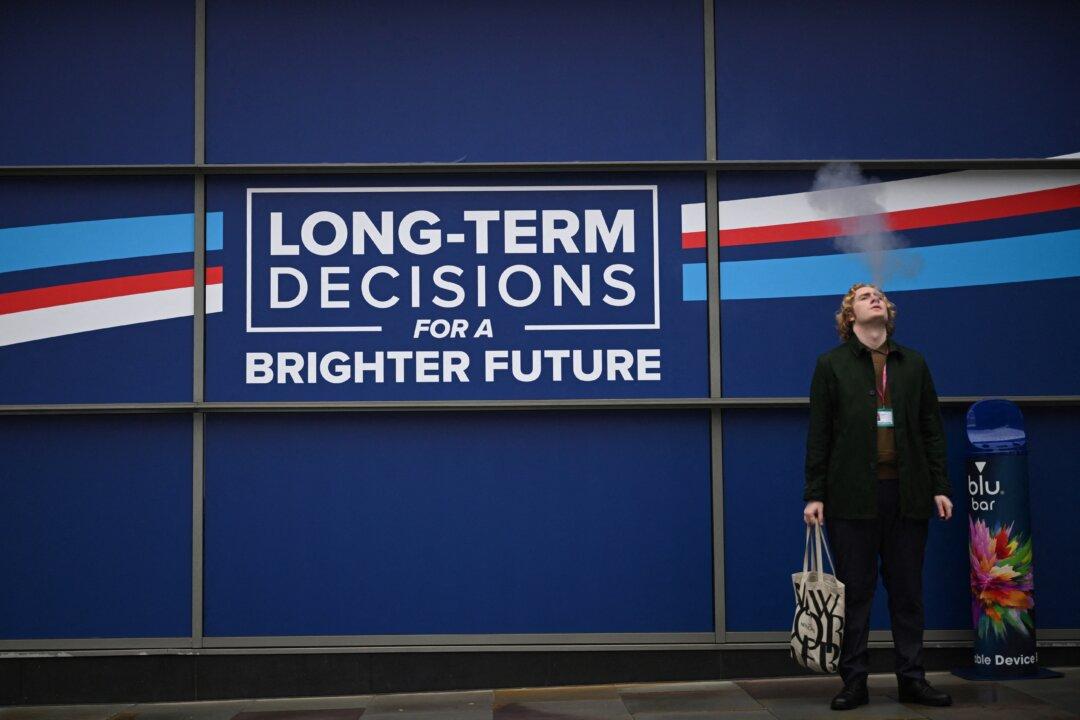During his address to Conservative Party Conference in Manchester on Wednesday, the prime minister announced measures to raise the smoking age annually and restrict the availability of vapes to children.
Prime Minister Rishi Sunak said, “If we are to do the right thing for our kids, we must try and stop teenagers taking up cigarettes in the first place, because without a significant change thousands of children will start smoking in the coming years and have their lives cut short as a result.”





